- 74 Mount Street, Heidelberg, VIC, 3084
- Monday to Friday: 9am to 5pm
Hearing Tests For Adults
-
DWM Audiology > Our Services > Hearing Tests For Adults
Adult Hearing Tests
We provide a range of hearing tests for adults designed to give you an accurate understanding of your hearing levels and ear health. The cost of the hearing assessment depends on the level of detail and time required, with fees aligned with those recommended by Independent Audiologists Australia.
Medicare rebates for your hearing assessment are available if you have a referral from your GP, ENT Specialist or Neurologist.
Our experienced audiologists will clearly explain your hearing test results and provide our health professionals and for your personal records.
Wax removal: We have the training and equipment to remove a wax build-up in the ear canals using a curette and gentle micro-suctioning. A 15 minute appointment for this to be carried out is required, in addition to other testing needed. If there are medical contraindications, you will be referred to a specialist wax removal clinic.
For a quick check, we offer a hearing screening test, which is a basic test of hearing levels and requires a 15 minute appointment.
A full diagnostic hearing assessment is recommended:
- if you suspect you have a hearing loss
- if a hearing loss is identified at a hearing screening test
- a drop in hearing levels compared to a previous test is identified
A 45 minute appointment is required for a full diagnostic hearing assessment.
If tinnitus (noises in the ears) is a dominant issue for you and causing anxiety or distress, please arrange a 90 minute tinnitus evaluation and therapy appointment, which will include a hearing assessment if this has not already been carried out.
If you are arranging a hearing assessment appointment with a view to the likely purchase of hearing aids, we request that a 90 minute appointment is made. This allows time for:
- a detailed discussion of your communication needs, your hearing test results, suitable hearing aid options for you and the level of benefit you can expect from hearing aid fitting.
- if you wish to choose hearing aids at your initial appointment, we will have time to make ear impressions. Many people like time to consider their choice, and you will not be expected to make a decision at your initial appointment.
Book an Appointment
FAQs
What is a hearing assessment?
There are a number of tests used by an audiologist to assess hearing. Pure tone audiometry measures the sensitivity of a person’s hearing across the range of sounds important for speech understanding. This should be carried out in a sound-proof booth.
What should a hearing assessment include?
A hearing screening test is a basic test of hearing levels using pure tone audiometry. If you are considering hearing aids, or have concerns about your hearing, a full diagnostic hearing assessment is needed. This will include:
- an evaluation of the health of your ears with a tympanometry test, indicating whether your ears/hearing require medical care
- pure tone audiometry
- a speech discrimination test to assess your ability to hear speech clearly
- an evaluation of your ability to tolerate loud and impact sounds
- an assessment of your communication needs and whether hearing aids will be of benefit to you
Hearing aids are programmed on the basis of your hearing assessment results. A full diagnostic assessment will enable your individual hearing and communication requirements to be assessed in depth, allowing accurate and personalised programming.
How do you prepare for a hearing test?
Avoid loud noise for 16 hours prior to a hearing test.
The hearing assessment requires concentration and time. If you’re distracted or not feeling well, you’re more likely to miss very faint test tones.
Does Medicare cover hearing tests and aids?
Medicare will provide a rebate on hearing assessments if patients are referred by their GP, Ear Nose and Throat Specialist or Neurologist. GPs may also refer as part of an EPC program, with a Medicare rebate claimable.
There is no Medicare rebate on hearing aids. Eligible patients may be covered under NDIS or under the Hearing Services Program.
How often should I have my hearing tested?
Ideally, every 12 months – unless there is a need for more regular monitoring.
Do you need a referral to get a hearing test?
To obtain a Medicare rebate, you will need to be referred by your GP, Ear Nose and Throat Specialist or Neurologist. GPs may also refer as part of an EPC program, with a Medicare rebate claimable.
When should you use hearing protection?
Hearing protection should be considered for any noisy activities, for example when using power tools, for recreational shooting, motor sports, loud music – damage relates to ‘how loud, for how long, how often’.
At what decibel level is hearing protection required?
There is a legal requirement for venues to provide protection when volume levels reach a certain level What are the noise dose limits?
If you have to shout to be understood when listening to music, the likelihood is that the volume level is potentially damaging. The risk of damage varies from person to person.
Do ear plugs protect hearing?
Yes! As long as the volume is brought down below to a safe listening level. This requires correct insertion of the ear plugs and a volume level that is able to be reduced to safe levels.
How do musicians protect their hearing?
There is a range of filtered ear plugs that have been designed for musicians. These are available in custom or non-custom forms. The filters have a flat attenuation (dampening) response across the frequency range, which significantly reduces the high frequency distortion found with solid plugs, and can provide varying levels of protection.
Learn more about hearing protection for musicians.
I have seen free hearing tests advertised. Why should I pay for a hearing test?
Most hearing tests offered free of charge are a basic screening test. If you are considering hearing aids, or have concerns about your hearing, a full diagnostic hearing assessment is needed.
Hearing aids are programmed on the basis of your hearing assessment results. An inadequate hearing assessment will restrict the accuracy of the hearing aid programming and the benefit obtained. A full diagnostic assessment will enable your individual hearing and communication requirements to be assessed in depth, allowing accurate and personalised programming.
All this takes time, and there are costs involved. We prefer to keep our charges transparent and do not absorb the assessment costs into our hearing aid prices.
A full diagnostic hearing assessment will include:
- an evaluation of the health of your ears, indicating whether your ears/hearing require medical care
- a detailed hearing test
- a speech discrimination test to assess your ability to hear speech clearly
- an evaluation of your ability to tolerate loud and impact sounds
- whether hearing aids will be of benefit to you
Our Services
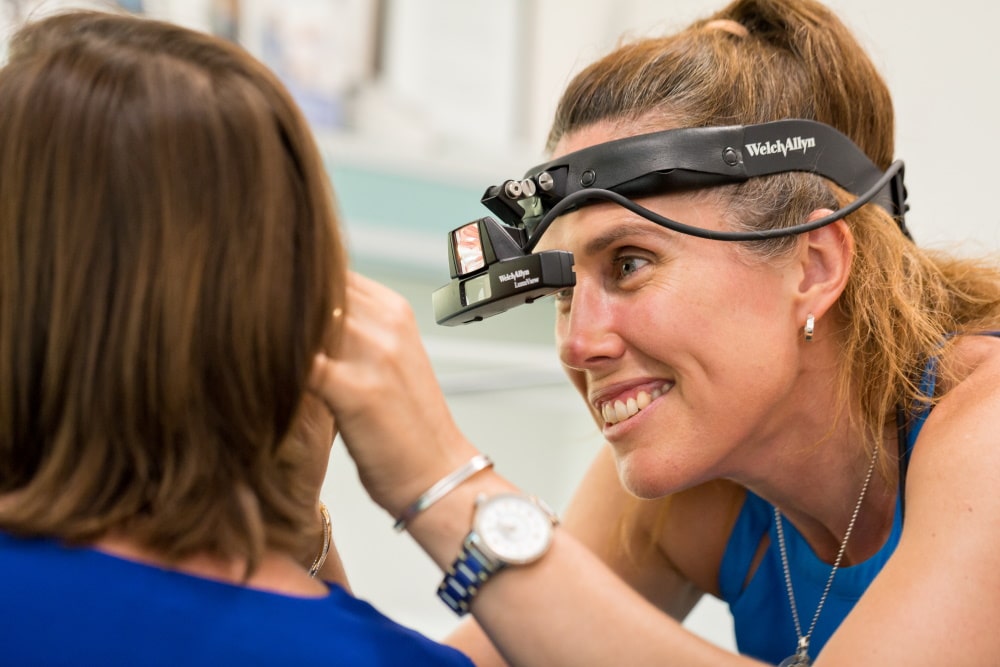
Do I Need A Hearing Aid?
We carry out a range of hearing tests that help determine whether you need a hearing aid.
Read More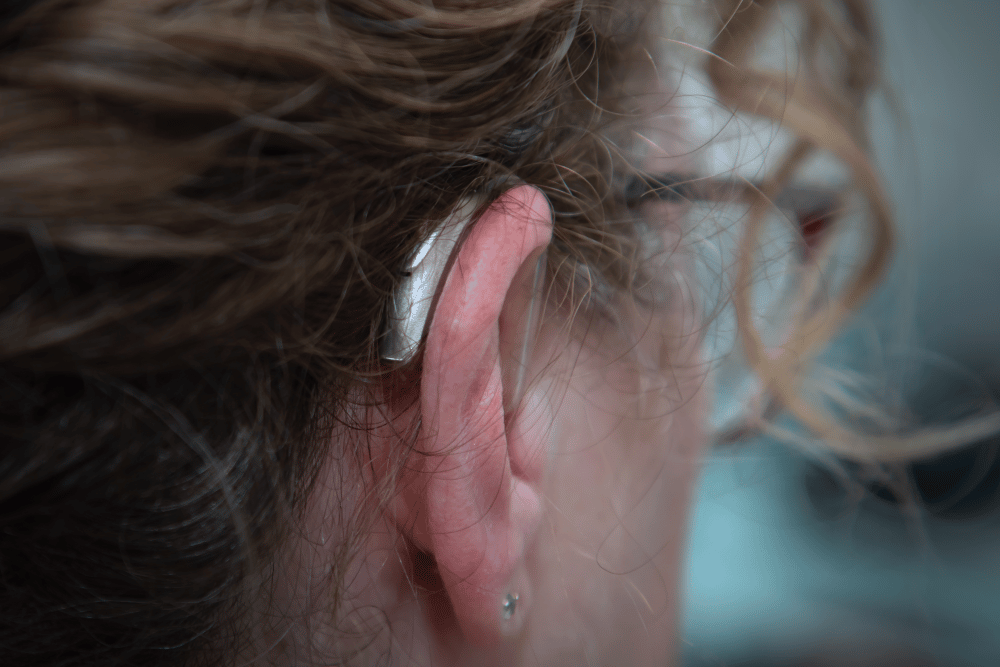
Choosing Hearing Aids
Hearing aids are available in three styles; BTE, RIC or are fully contained in the ear.
Read More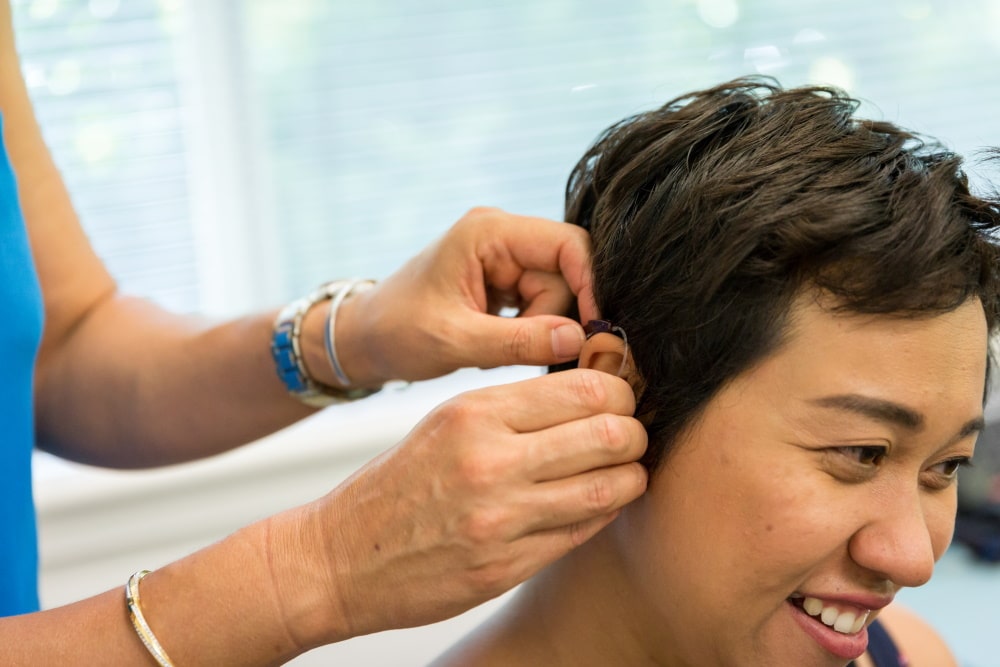
Getting Used To Hearing Aids
With new hearing aids your concept of “normal” hearing will need to be relearnt.
Read More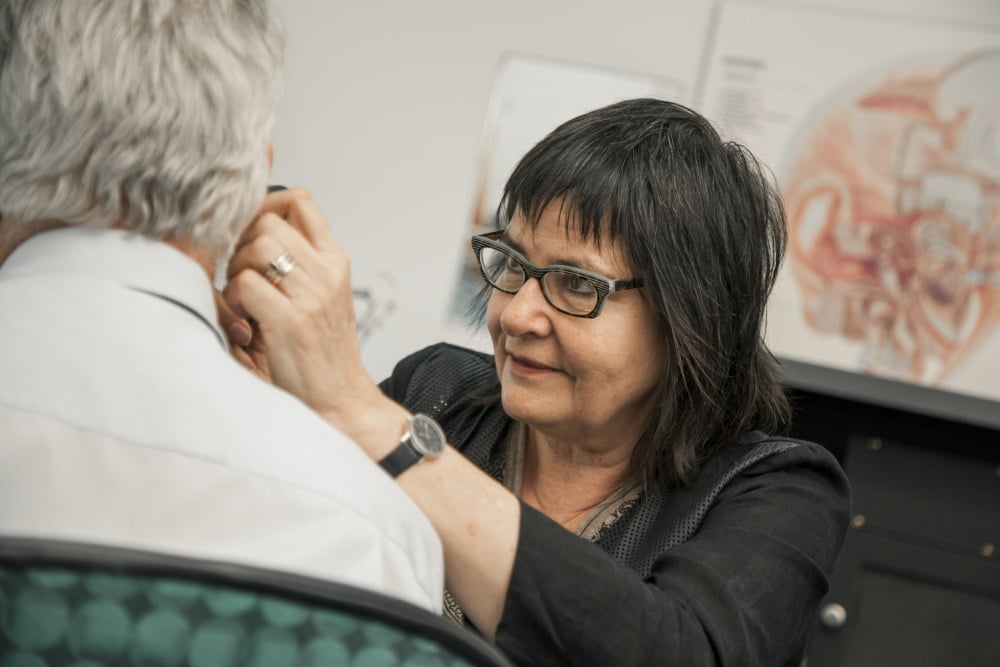
Fine-Tuning Hearing Aids
We have extensive training, experience and expertise in fine-tuning contemporary hearing aids to individual communication needs.
Read More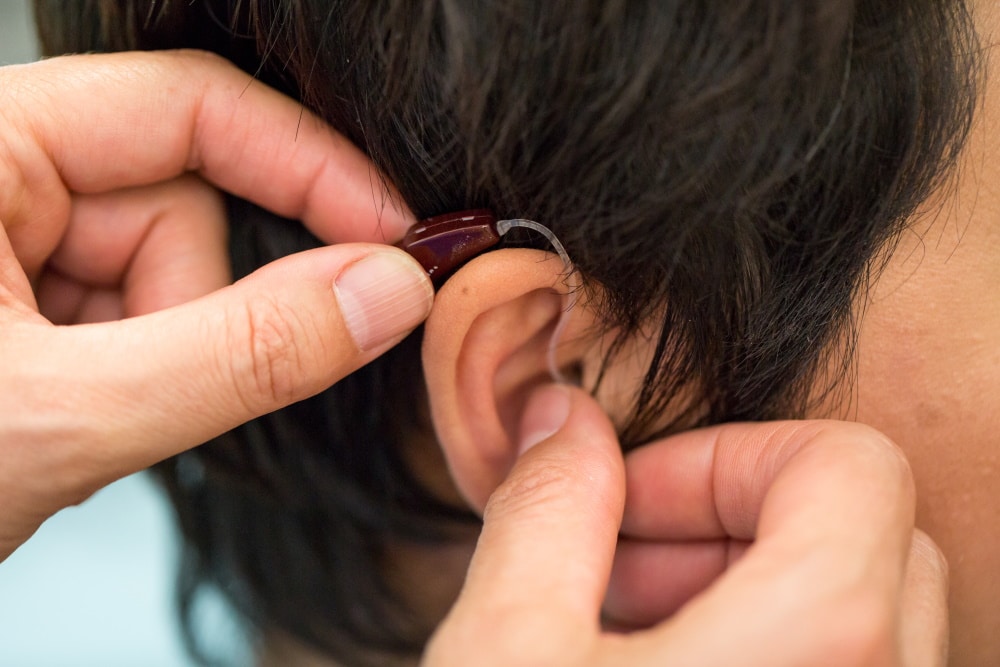
Hearing Aid Fittings
Your fitting package will include an instruction booklet and the accessories needed for maintenance and dehumidification
Read More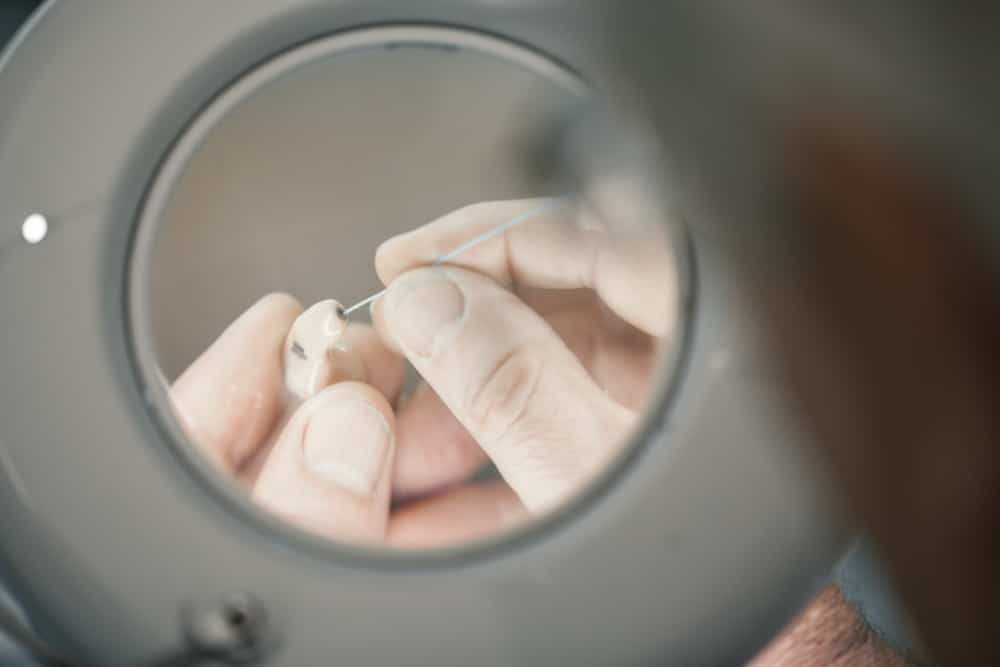
Hearing Aid Maintenance
To minimise the need for repairs and to preserve the life of your hearing aids, regular and thorough maintenance is essential.
Read More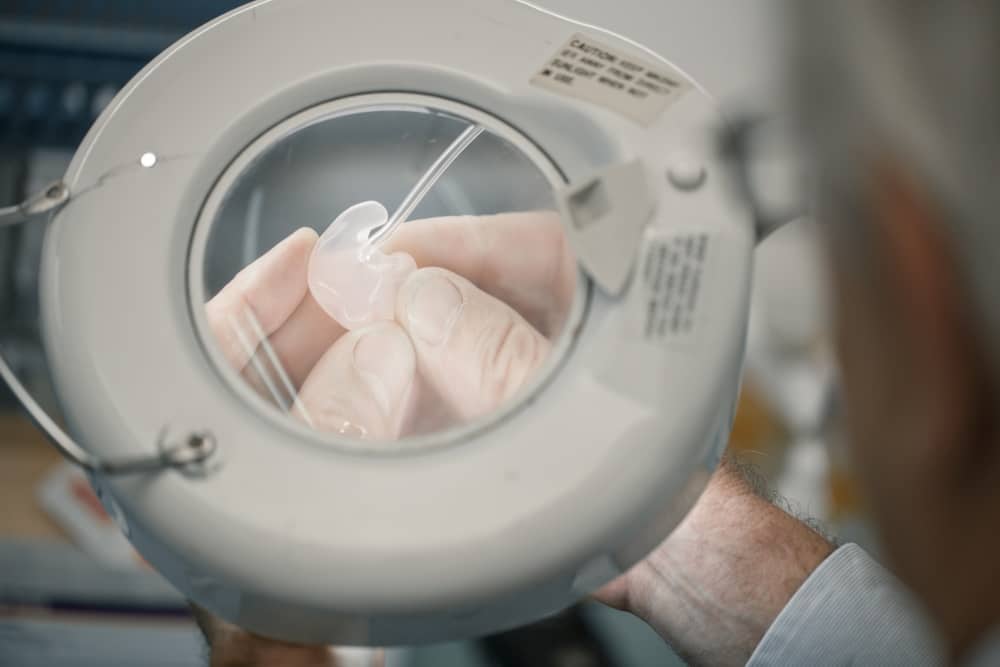
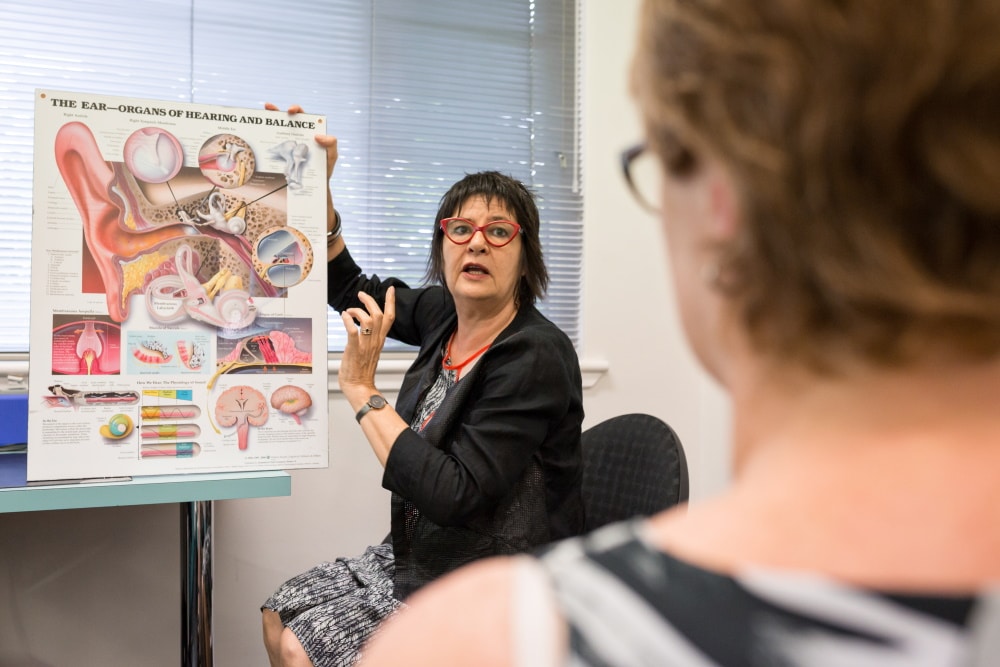
Hyperacusis & Misophonia
Both conditions have the potential to escalate, so that an increasing range of sounds become intolerable.
Read More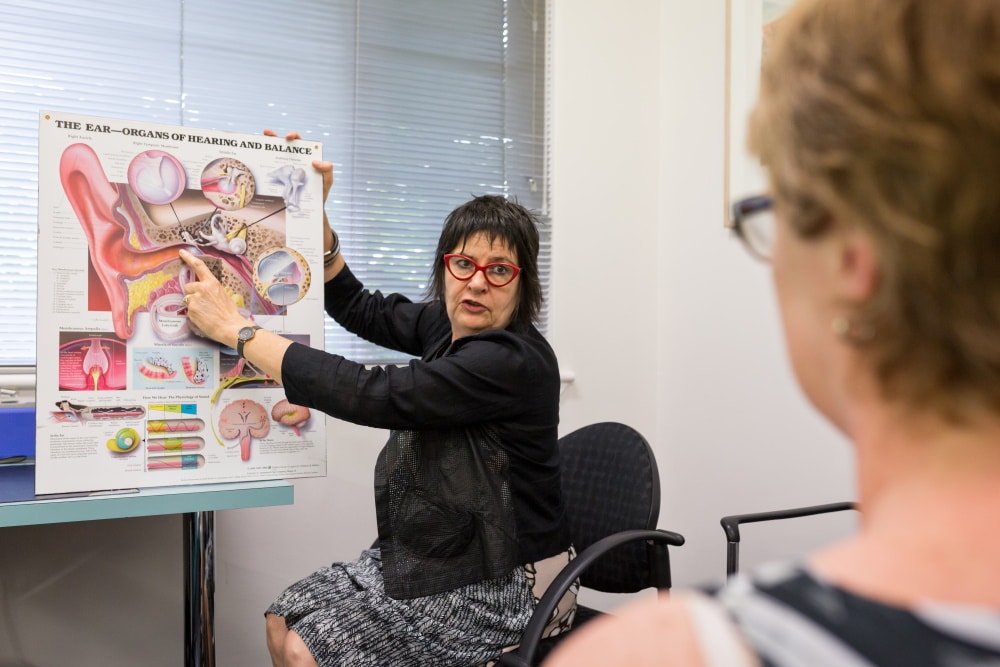

Misophonia
Misophonia is a strongly aversive response or abnormal sensitivity to certain specific sounds
Read More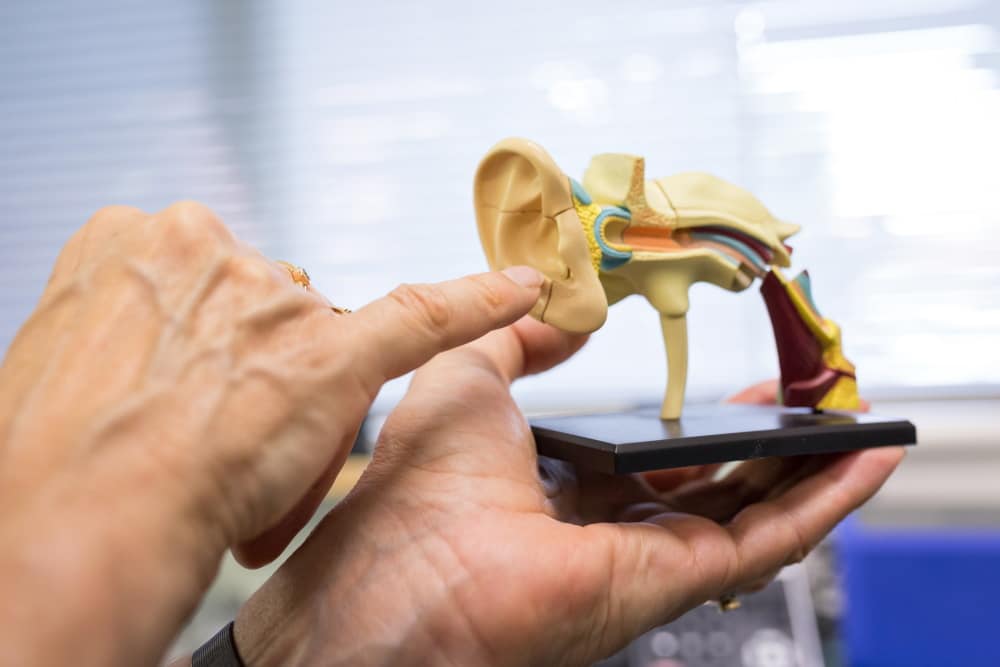
Tinnitus
Tinnitus is the term used to describe hearing any sounds which are not present externally.
Read More
Acoustic Shock
Acoustic shock is an involuntary fright/psychological trauma reaction to sudden, loud noises.
Read More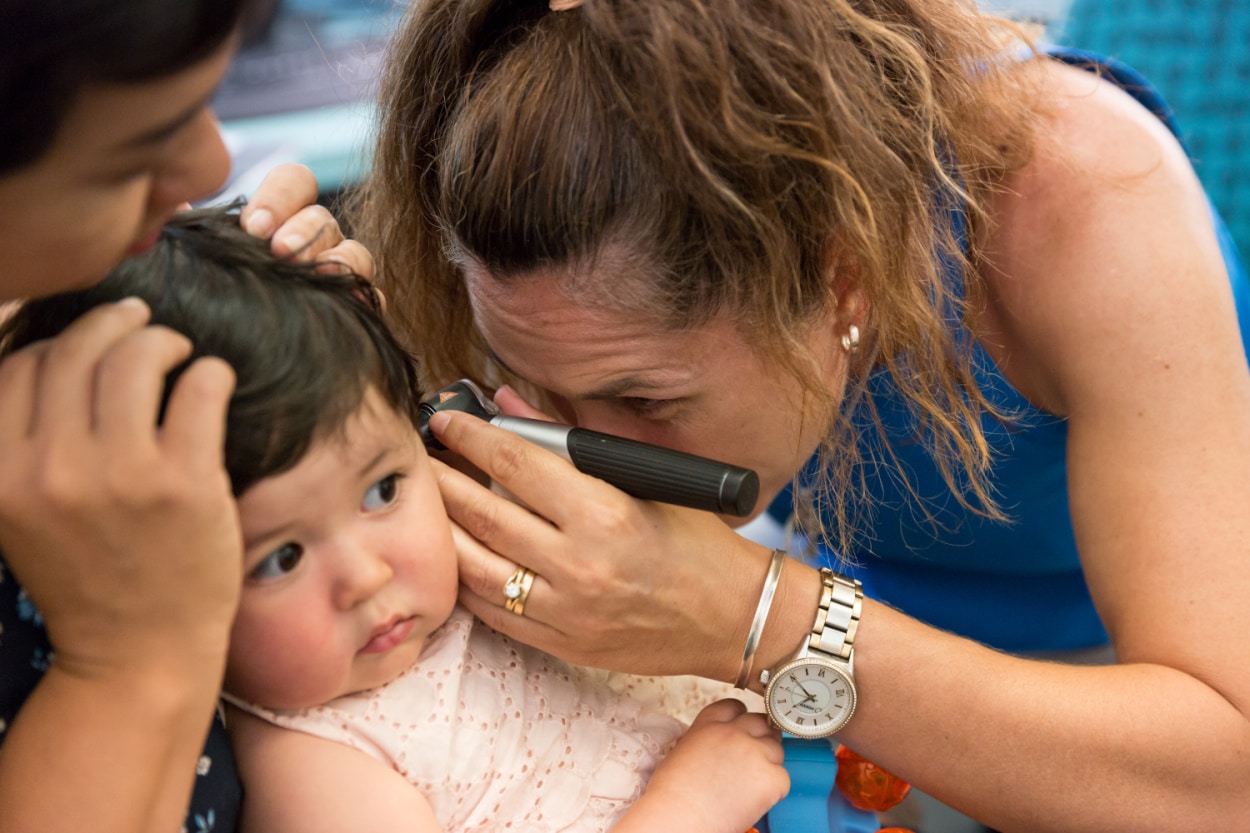
Hearing Tests for Kids
Hearing difficulties in school age children are known to have a significant impact on their social, behavioural and academic growth.
Read More
